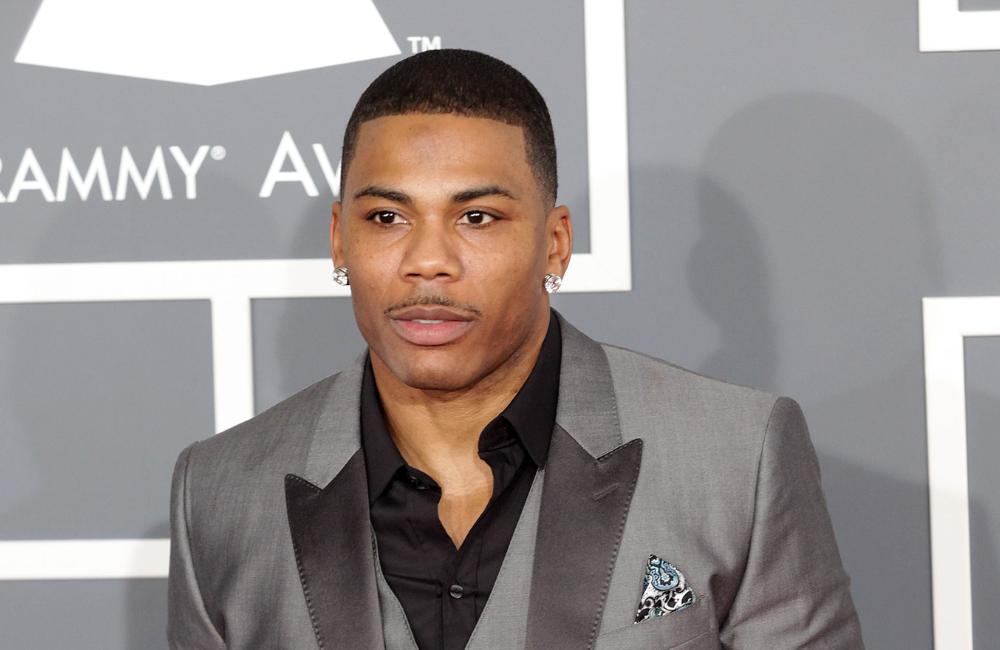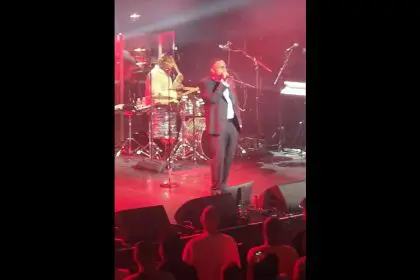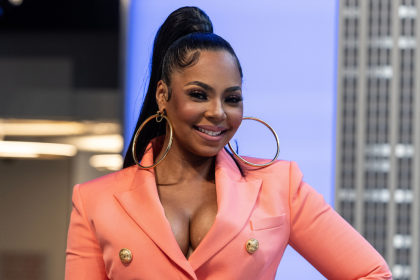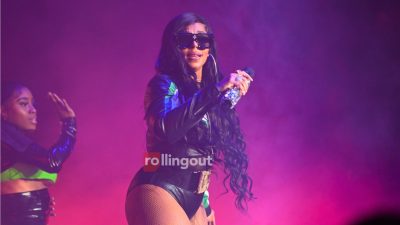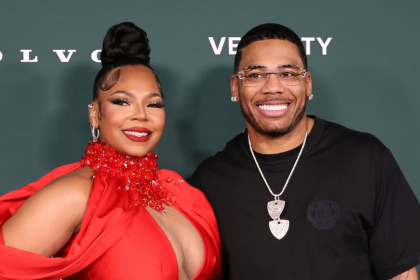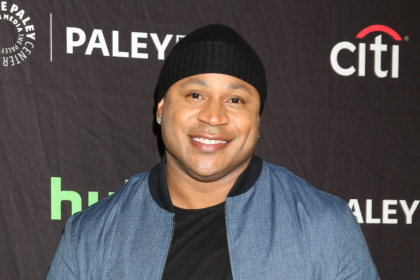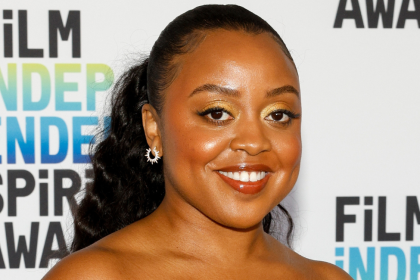The hip-hop world erupted in controversy this week as Grammy-winning artist Nelly faced intense backlash for performing at President Donald Trump’s inauguration ceremony. The St. Louis rapper responded with a fiery social media statement that challenged his critics and reignited debates about political loyalty within the entertainment industry.
Nelly fires back at Harris supporters
Taking to Instagram, the Hot in Herre hitmaker delivered a scathing response to detractors who questioned his decision to perform at the presidential event. Nelly specifically targeted supporters of Vice President Kamala Harris, describing her as the prosecutor who has probably locked up more Black men than we’ve helped women of color with the white husband and white kids.
The 49-year-old artist’s comments reflect deeper frustrations with what he perceives as political hypocrisy within his own community. Rather than apologizing for his choice, Nelly doubled down while emphasizing his commitment to transcending partisan politics.
Nelly clarified that he did not campaign for anyone and does not tell people who to vote for. He expressed his respect and love for the country from top to bottom, acknowledging that there are many things that need work. The rapper noted that the right is too far right, and the left is too far left.
Military heritage shapes perspective
Central to Nelly’s defense was his personal connection to American military service. The rapper revealed his background as a military baby and honored his grand uncle, a Tuskegee Airman who served during World War II with pride in his country.
This military heritage appears to inform his respect for presidential institutions, regardless of the individual occupying the office. The Tuskegee Airmen represent a complex legacy of patriotism within the Black community, having served their country despite facing segregation and discrimination.
Nelly challenged his critics further, stating he finds it very interesting that so many would dump on two Black men who are married to Black women and have Black children because the woman of color with the white husband and white kids didn’t win.
Family tensions over political choice
The controversy has extended into Nelly’s personal life, particularly affecting his relationship with fiancée Ashanti and her family. Tina Douglas, Ashanti’s mother and manager, expressed profound disappointment with the rapper’s decision during filming of their reality series Nelly & Ashanti: We Belong Together.
The emotional weight became apparent when Douglas referenced her father’s involvement in the civil rights movement of the 1960s. She described the situation as very emotional for her, highlighting how political decisions can impact multiple generations within African American families.
Ashanti attempted to mediate the situation by framing her partner’s performance as an opportunity rather than an endorsement. She explained that the performance was more about the opportunity of performing at the White House as opposed to performing for a particular candidate.
Broader impact on entertainment industry
Nelly‘s situation reflects ongoing tensions faced by Black entertainers who engage with Republican administrations. The current political climate has intensified these debates, with social media amplifying both support and criticism at unprecedented levels.
The rapper’s stance illuminates larger questions about expectations placed on Black public figures regarding political allegiance. His criticism of both political extremes suggests a desire for more nuanced conversations about governance and representation.
By challenging assumptions that racial identity should dictate political loyalty, Nelly has positioned himself at the center of debates about authenticity and independence within the African American community. His willingness to accept criticism while maintaining his position demonstrates the complex calculations artists must make in today’s polarized society.
As the entertainment industry continues grappling with political engagement, Nelly’s experience serves as a case study in the intersection of art, politics, and racial identity. His decision to perform at the inauguration represents an artist’s right to make professional choices independent of community expectations, ensuring his voice remains relevant in ongoing national discussions.

